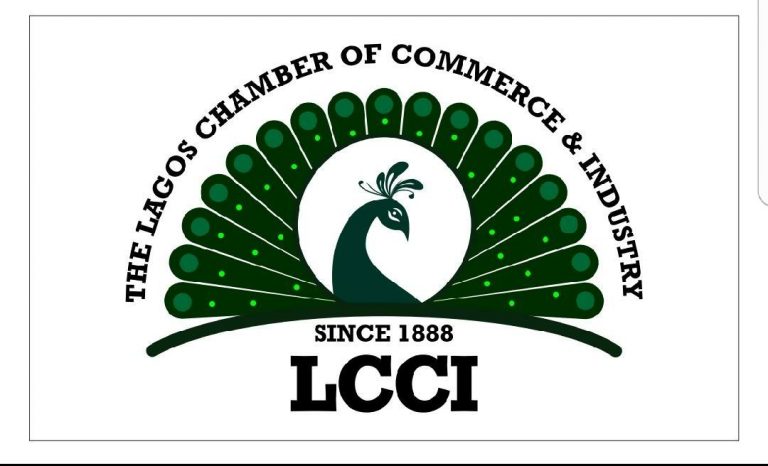The Lagos Chamber of Commerce and Industry (LCCI) has stressed the need for a good mix of both fiscal and monetary policies to tackle the core drivers of the inflation scourge in Nigeria.
Reacting to the July 2022 inflation rate, president of the chamber, Dr Chinyere Almona, suggested that there should be targeted financing for critical sectors like agriculture, food processing, aviation fuels, transport, and FOREX availability for manufacturing inputs.
- Health workers shut EKSUTH over unpaid salaries, minimum wage, others
- 2023: Atiku, Shettima, Obi proffer solutions to Nigeria’s challenges
She said it is obvious that the government’s intervention so far has not impacted the inflationary pressures that keep rising till now. She noted that without concrete and quick steps to intervene, the rising tide of the inflation rate may continue into the end of the year.
The National Bureau of Statistics (NBS) had recently disclosed that Nigeria’s headline Inflation increased to 19.64per cent in July. NBS in its report said the figure was 2.27per cent points higher compared to the rate recorded in July 2021, which was 17.38percent.
On a month-on-month basis, it said the headline inflation rate in July 2022 was 1.817 per cent, which was 0.001per cent higher than the rate recorded in June 2022 (1.816 percent).
Based on the report, in July 2022, Nigerians paid more for goods and services than they did exactly a year earlier in July 2021 by a relatively high rate of 19.64per cent. With this, Nigeria has now had six consecutive months of increased inflation, and the rate is at almost 17-year high.
The major worry according to LCCI is about the inflation scourge constraining production, causing job losses, and courting an imminent recession; adding that the inflation rate may ease in the near term driven by constrained consumer demand, harvests maturing in quarter three, and the resumption of wheat exports from Ukraine to Africa.
However, she noted that there are fears of falling growth due to constrained production in the past months.
The chamber therefore recommended the need for special interventions in the critical sector and especially focusing on subsidising production to reduce the burden of rising cost of production.
Also, the chamber said the reversal of the Central Bank of Nigeria (CBN)’s concessionary interest rate of five per cent on its intervention loans to nine per cent does no sensitivity to the burdens on businesses at the time when they struggle with sourcing FOREX, rising fuel costs, and massive disruptions to production lines due to insecurity.
Almona urged the apex bank to look beyond hiking rates to taking definite and articulated actions that address the factors driving the inflationary pressures.

 Join Daily Trust WhatsApp Community For Quick Access To News and Happenings Around You.
Join Daily Trust WhatsApp Community For Quick Access To News and Happenings Around You.

